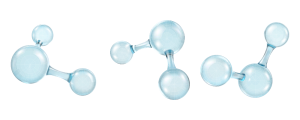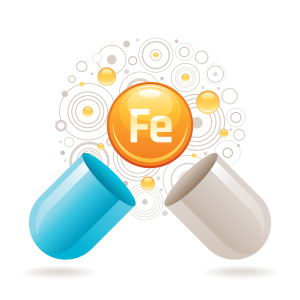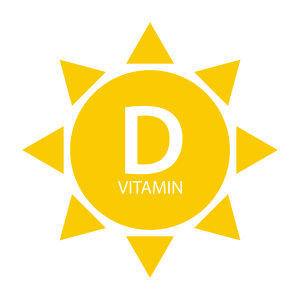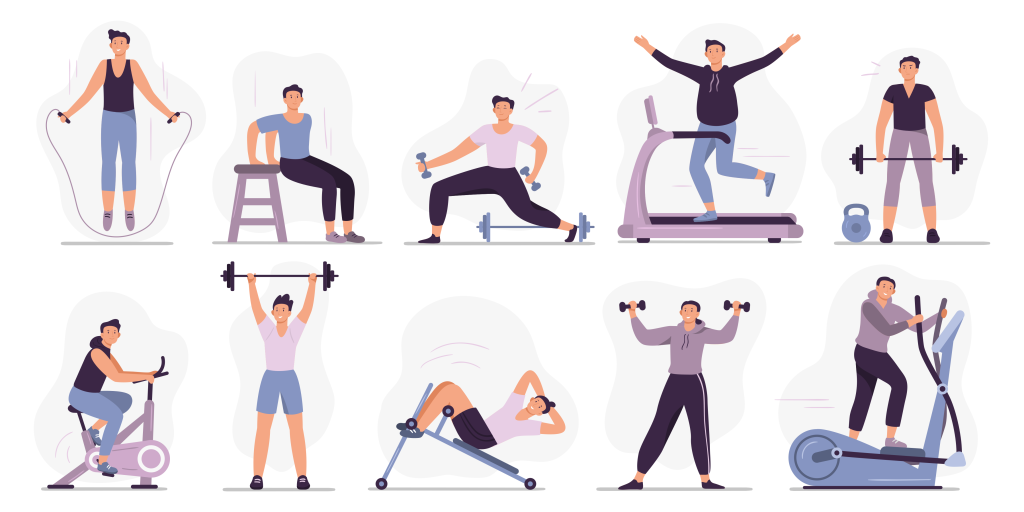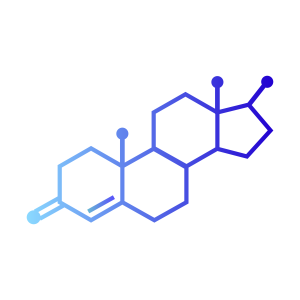10/02/2023
Fitness tracking and reaching goals are no longer associated with elite or professional athletes. As we take a more proactive approach to live a healthier lifestyle through diet and exercise, tracking health data has become integral to our everyday lives through apps and devices. Below we breakdown how tracking your health data can allow you to make the changes necessary to maximise your output in your chosen sport whilst preventing future illness with an Everyathlete sports performance test.
Every day we track our lives through fitness, sleep, and food apps, but did you know you can analyse your health data to help reach your fitness goals? Your blood gives you precise, personalised data, allowing you to achieve peak performance and personal bests based on your results.
Here’s 5 key health areas our sports performance test reports on for you to help you gain the competitive edge:
1. Oxygen Carrying Capacity
Oxygen delivery is required to the working muscles and is essential for sustained exercise. A full blood count can help to provide an overview of our overall health, measuring important markers like red blood cells, white blood cells, and haemoglobin, all of which are important in transporting oxygen around the body.
White blood cells are also involved in our immune response, and measurement can indicate signs of infection. White blood cells can also inform whether our bodies can perform to the highest ability or maximally benefit from training.
Iron Levels
2. Iron is a key micronutrient that helps to transport oxygen around our bodies and plays an important role in energy metabolism. Iron deficiency can result in the development of anemia, detrimental for overall health and exercise performance. Females, vegetarians, and those regularly carrying out endurance exercises are particularly susceptible to iron deficiency.
Measurement of iron in our blood can help ensure we are consuming enough in our diets and facilitating improved exercise capacity.
3. Nutrition
- Measuring micronutrient levels, such as vitamins and minerals, can inform us of our nutritional status. Vitamin B-12 and Folic Acid are important for oxygen carrying capacity and assist with red blood cell production.
- Vitamin D supports proper immune function, bone health, and muscle repair. People in the UK are often deficient in Vitamin D due to lack of sun exposure. Maintaining sufficient Vitamin D levels can benefit endurance performance, muscle characteristics and assist with injury prevention by promoting bone health.
- Electrolytes are required for normal bodily functions and include sodium, calcium, potassium, and magnesium. These are essential for efficient use of our muscles and nervous system, as well as regulating hydration levels. Using our muscles and sweating during exercise reduces electrolyte levels, requiring replenishment from our diets. Measuring and optimising electrolytes can help avoid fatigue, dehydration, and muscle spasms, all of which are relevant for improving exercise performance.
4. Recovery
Exercise is a stimulus which promotes beneficial physiological adaptions such as muscle building and enhanced aerobic capacity. Temporary increases in biomarkers relating to muscle damage, inflammation, and fatigue are common following exercise. Chronic elevations of these markers, however, can indicate insufficient recovery from exercise or overtraining. This may result in fatigue development as well as increased risk of injury.
5. Testosterone Levels
Despite the androgenic (masculinizing) effects of testosterone, both men and women produce and benefit from this essential hormone for muscle-building. Optimal levels of testosterone can maximise the benefits of exercise, improve body composition, and improve recovery. Tracking testosterone levels in our blood can help improve overall health and exercise performance by ensuring a well-functioning endocrine system.
Why book in for an Everyathlete?
Whether you are a professional athlete, a fitness fanatic, or just starting your fitness journey, our Everyathlete health sports performance test provides key health insights to help you optimise your training and nutrition for maximum performance whilst achieving your health and fitness goals.
All the above is included in the 80+ data points measured to help you keep on track, stay motivated, and monitor your health data.




